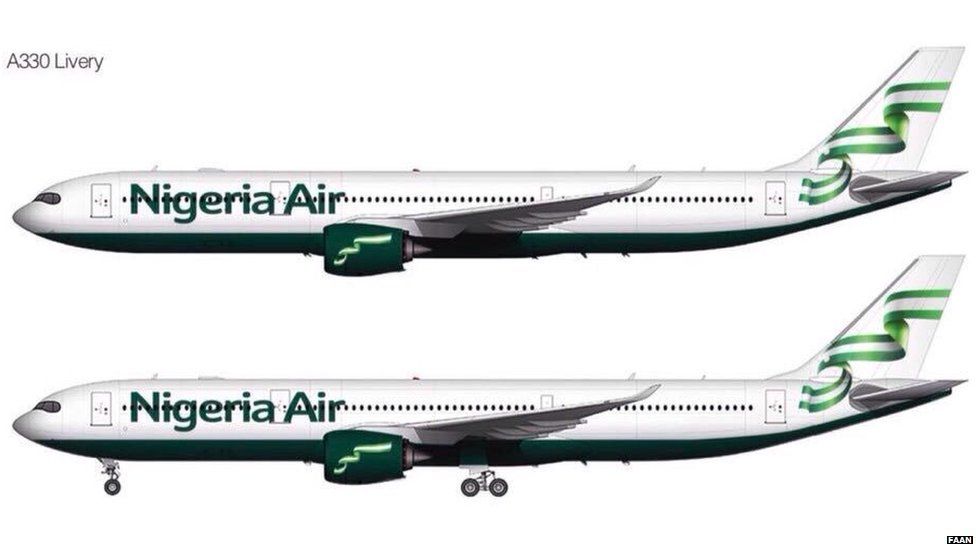News
Nigeria Air to borrow aircraft to begin operations

The Federal Executive Council, FEC, has given an approval to Nigeria Air to lease aircraft to enable it start operations as country’s national carrier.
Minister of Aviation, Hadi Sirika, said this on Wednesday while briefing State House Corespondents after the FEC meeting chaired by President Muhammadu Buhari at the Presidential Villa in Abuja, the nation’s capital.
The Minister, who did not disclose when the national carrier would start operations, said the company would begin with three aircraft.
He said Nigeria Air was open to investment from any of the country’s airline companies, particularly the 51% shares set aside for Nigerians.
“I presented two memoranda on national carrier to allow the Nigeria Air to lease aircraft to start operations. That has been approved by the Council.
And the second, is the deployment of investigation tool by Accident Investigation Bureau. That tool, will permit the accident investigation to be able to decode going ons in flights, and God forbid, should there be a need to investigate the accident or incident, the tool will help them to be able to do so.
That procurement is in sum of €1,506,285.7 which is equivalent to N707,962,864.83. This will be including taxes at Central Bank exchange rate of N472 to Euro with the delivery period of 11 months and is awarded to Messers Integrated Contract Services Limited for AIB.
The Minister of Finance, Budget and National Planning Zainab Ahmed said Council also approved the 2023- 2025 Medium Term Expenditure Framework, MTEF.
“The assumptions that we made for the next Medium Term Expenditure Framework from 2023 to 2025 is that crude oil price will be at $70 bpd for 2023, $66 pbd for 2024 and $62 bpd for 2025.
Crude oil production is projected to be 1.69 million bpd for 2023 and 1.813 million bpd for both 2024 as well as 2025. We have also projected that the nominal GDP, that is the size of Nigeria’s economy will rise up to N225.5 trillion with 95% of this contribution by the non-oil sector while the oil sector will make a contribution of only 5%.
And some steady increase from 2024 to 2025 to reach up to N280.70 trillion in 2025. This means that Nigeria continues to retain its position as the largest economy in Africa”






